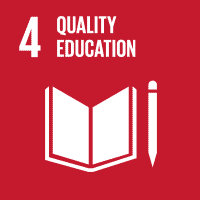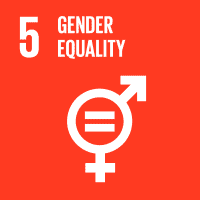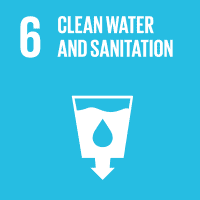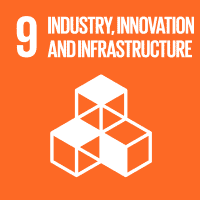The projects on Wastewater Treatment, Reuse and Water Supply and Technical and Vocational Education and Training for Jordanians and Syrian Refugees in the Jordanian Water Sector are and have been geared towards developing human resources capacities . They are part of GIZ’s extensive water portfolio in Jordan. Germany aims to work with its partners to secure the desert state’s water cycle with a view to ensuring that the country can meet the challenges of scarce resources, climate change and supplying water to a significantly growing population.
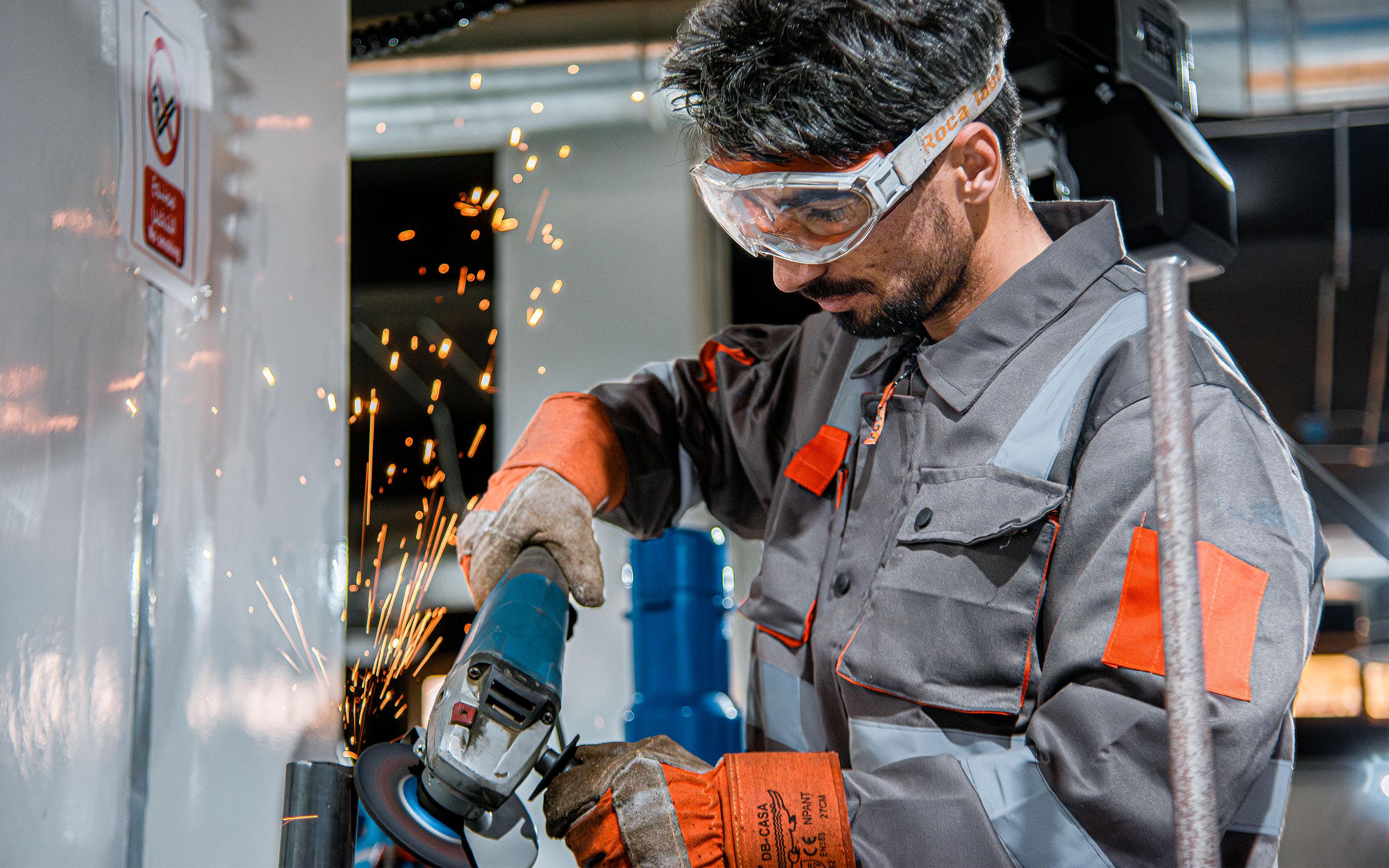
Fire and water
Water management in one of the world’s driest countries has many facets. Ammar Ali Zaid from Jordan works until the sparks fly to prevent precious water from seeping into the desert ground.
What has milling or welding got to do with Jordan’s water supply? Ammar Ali Zaid, 33, explains how metalworking – done properly – can prevent dramatic water loss: ‘Watertight pipes are absolutely essential.’ He works for the Water Authority of Jordan and knows from his day-to-day work how important perfectly connected pipes are for transporting this valuable resource.
Decaying infrastructure is still leading to the loss of huge amounts of water in some regions, allowing it to splash onto the desert ground unused. In some places, up to 50 per cent of the water is lost due to these deficits – in a country that is one of the most arid in the world where every litre counts. Only around 60 per cent of demand can be met. The population has doubled over the past 20 years to around 11 million people. Jordan has taken in up to a million refugees from Syria alone: the population is growing while water resources are becoming scarcer.
What does water scarcity mean for people’s everyday lives in Jordan?
There is no running water in large parts of the country, so water trucks bring water to these regions once a week or sometimes less frequently. There, it is pumped locally through pipes into the tanks on the house roofs and people need to ration it. When the tank is empty, they have to wait until the local water utility brings new supplies – or buy expensive extra water from private suppliers. ‘Poor households in particular are hit by the water crisis. They can hardly afford the expensive water anymore,’ Dirk Winkler from the Deutsche Gesellschaft für Internationale Zusammenarbeit (GIZ) GmbH explains. He heads a water project that GIZ is implementing in Jordan on behalf of the German Federal Ministry for Economic Cooperation and Development (BMZ).
Winkler and Ammar Ali Zaid stand in a large workshop with mirrors on the ceiling, surrounded by work benches, pipes, welding machines and tools. ‘We can use this to practice working on parts that are difficult to reach and everyone can watch what’s going on from below,’ Ammar Ali Zaid explains. Pipe maintenance sometimes requires a bit of acrobatics.
The hall forms the heart of the Water Training Center in the Marka district of Jordan’s capital Amman. The kingdom’s flag flies above the ochre-coloured building. It is the training centre for all the companies in the country’s entire water sector. Quite fittingly, there used to be a pumping station at the site. Even before the turn of the millennium, a smaller centre for water management training was already set up there, but it was not big enough to meet the demand for training in one of the country’s major sectors. Yet it is extremely important to manage the scarce water resources as efficiently as possible – and that includes having staff with the right training.
Training for men and women
GIZ has been working with the Water Authority of Jordan since 2016 to develop a concept for a modern training centre. This included architectural planning with barrier-free access to all rooms, sanitary facilities for men and women, the appropriate machines and course planning. The guiding question was always what was needed. After that, the premises were extended, equipment was procured and a training programme was designed. In addition to the large workshop, there are three other rooms: for theory lessons, IT courses and conferences. Jordan’s Minister of Water and Irrigation and the German Ambassador finally opened the extended training centre in 2021.
Now, men and women from across the country’s water sector undergo training there – from state authorities and from the local water utilities and private construction firms that build pipes. All of them are water professionals like Ammar Ali Zaid. ‘Everything’s extremely professional here,’ he says, beaming. He demonstrates a machine here and there and gives visitors a tour of the centre along with the Water Authority’s head of training, Ruba Jallad. ‘Over the past two years, we have already trained 2,500 people here, around 30 per cent of them women,’ says Jallad proudly. The water sector is dominated by men, so the proportion of women who have taken part in training so far is impressive.
Model for the entire region
The Water Training Center in Marka is of interest to the entire Middle East region, where water is scarce. ‘Next year, we plan to run training courses for people from Iraq, Egypt and the Palestinian territories, too,’ Ruba Jallad remarks. The course instructors include a welding expert from Germany and the courses meet the requirements of the German Welding Society (DVS). Certificates are awarded at the end of the training units.
Ammar Ali Zaid is very enthusiastic about the quality of training and about the welding techniques for the various materials. ‘We have learnt gas welding, arc welding and much more here,’ he says. Like his colleagues, the young Jordanian wants to use his qualification to help reduce water loss in his home country. And that is more than just the proverbial drop in the ocean.
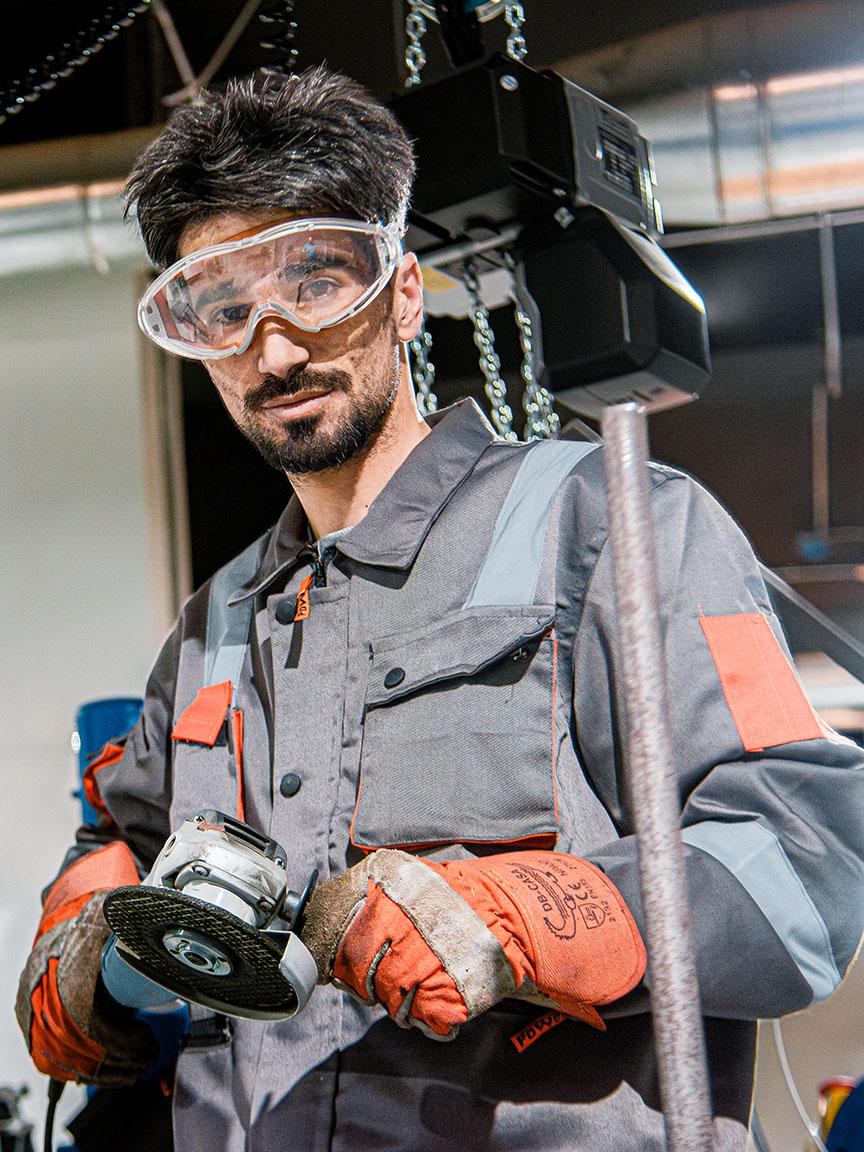
Ammar Ali Zaid, committed graduate of training courses
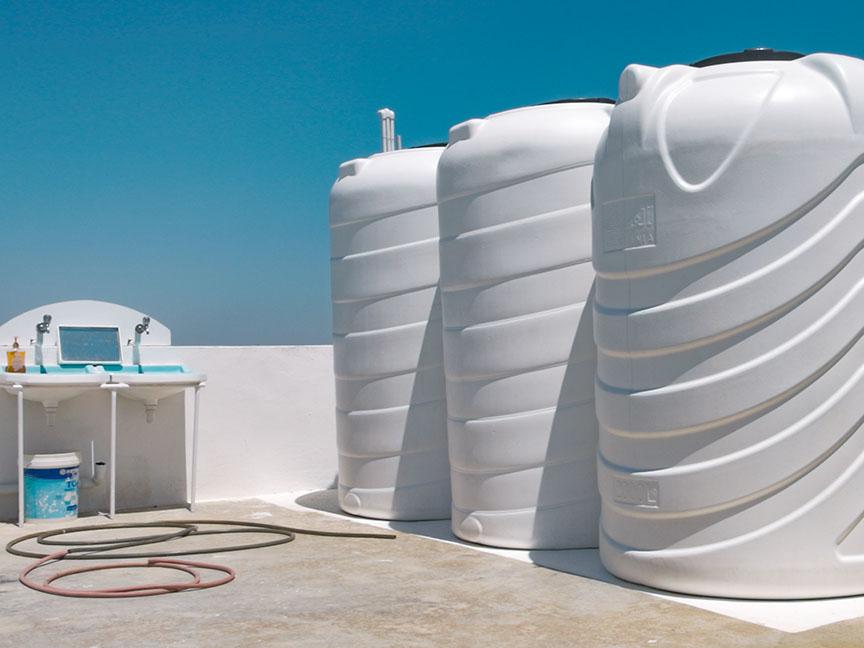
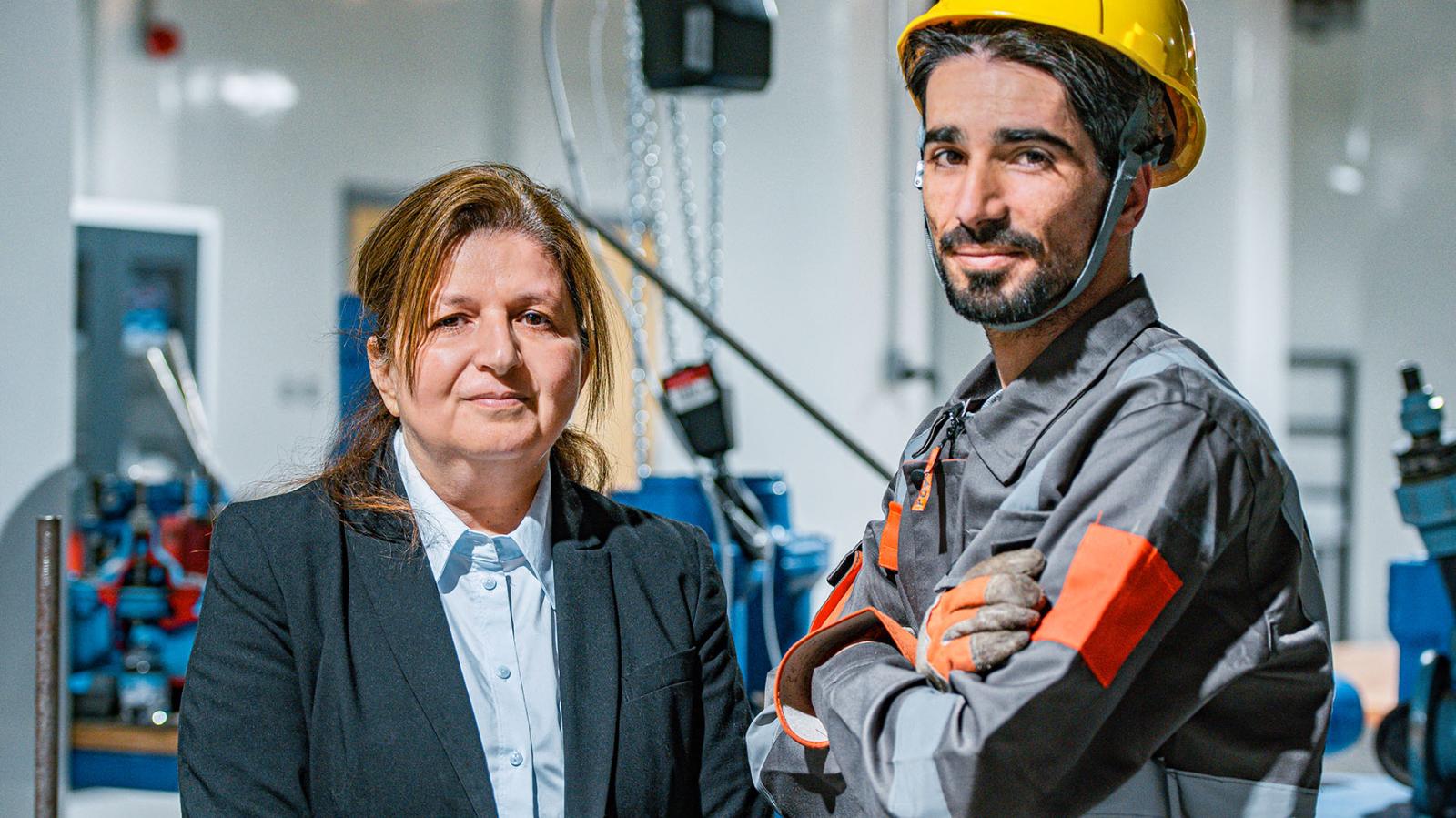
Ruba Jallad, head of training at Jordan's Water Authority, and Ammar Ali Zaid in the workshop of the Water Training Center in Marka.
